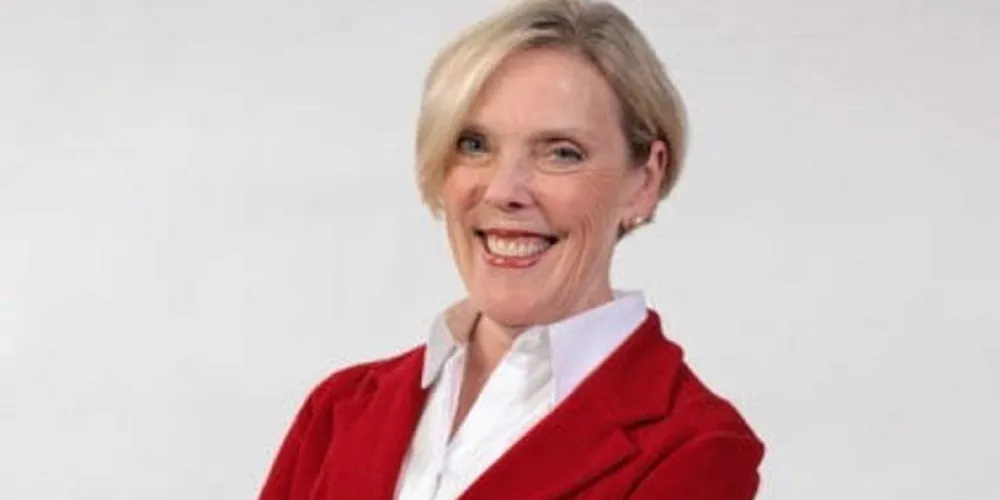Northwest aquaculture group allowed to join Native lawsuit against Washington state over netpen ban
The Jamestown S’Klallam Tribe has alleged the state violated its sovereignty with its finfish aquaculture ban.

The Jamestown S’Klallam Tribe has alleged the state violated its sovereignty with its finfish aquaculture ban.
